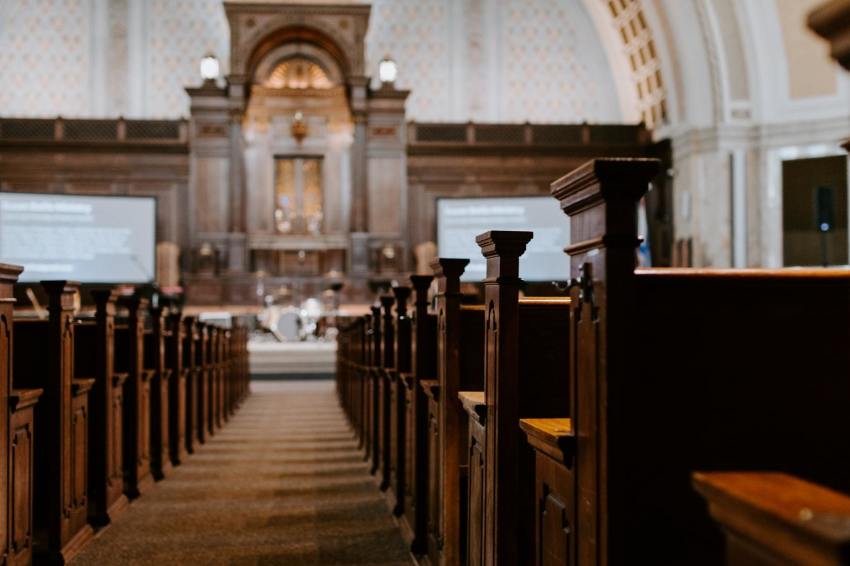Judge rejects taxpayers' petition to tax Iowa church properties

A judge in Iowa has rejected a challenge to the tax exemption status of properties owned by a church, citing the state's Religious Freedom Restoration Act.
An administrative law judge dismissed a petition last week by local taxpayers that sought to revoke the tax-exempt status of properties owned by Calvary Chapel Iowa.
Judge Jonathan Gallagher ruled that allowing such petitions could create a chilling effect on religious organizations, potentially deterring them from engaging in protected religious activities.
The judge's decision acknowledged that litigation like this could unfairly target religious groups due to political disagreements, contrary to the intent of RFRA.
"To hold otherwise would be to allow the unaccountable political opponents of a church the option to use the power of the State to target and/or retaliate against the religious organization for the organization's activities, thereby creating a chilling effect not only on that specific religious group but also all other similarly oriented religious organizations," the judge stated.
"This is precisely the type of religious interference that RFRA was designed to prevent, and until the judiciary provides different guidance on the scope of RFRA, this case must be dismissed."
In response to the ruling, Liberty Counsel Founder and Chairman Mat Staver, whose organization helped represent the church, expressed satisfaction with the court's decision.
"Religious freedom laws protect churches and pastors so they can focus on their mission rather than defending against spurious challenges from those who politically disagree with them," Staver said.
"The power to tax is not intended to empower censorship," he added. "We are pleased Judge Gallagher properly applied Iowa RFRA in dismissing this attempt to punish religious and political speech. Frivolous claims brought against a church in Iowa courts also run the risk of being financially costly to any of the petitioners for attorney's fees and costs."
The petitioners have been given a 30-day window to appeal the decision before it becomes final. If they choose to proceed, they could face significant legal expenses, including attorney's fees and costs.
The controversy centered on two properties: a residence where the church's pastor lives with his family, and a segment of the church's campus used for a Christian daycare and school in Cedar Rapids.
The petitioners argued that these properties were not used solely for religious purposes, citing the pastor's family's residence and the revenue-generating daycare as points of contention.
The defense argued that the properties in question were legitimately used for religious and educational purposes, thereby qualifying them for tax exemption under Iowa law.



























